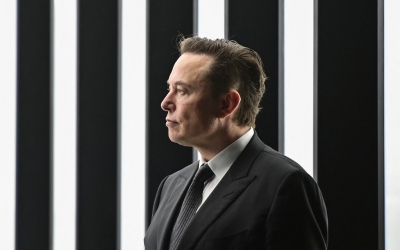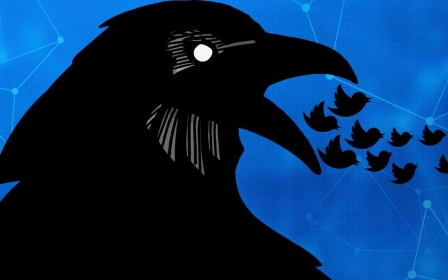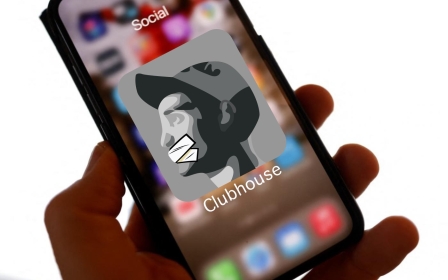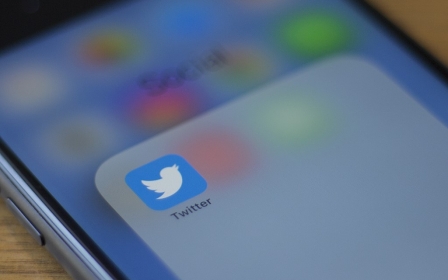Twitter, Elon Musk and the erosion of the digital town square
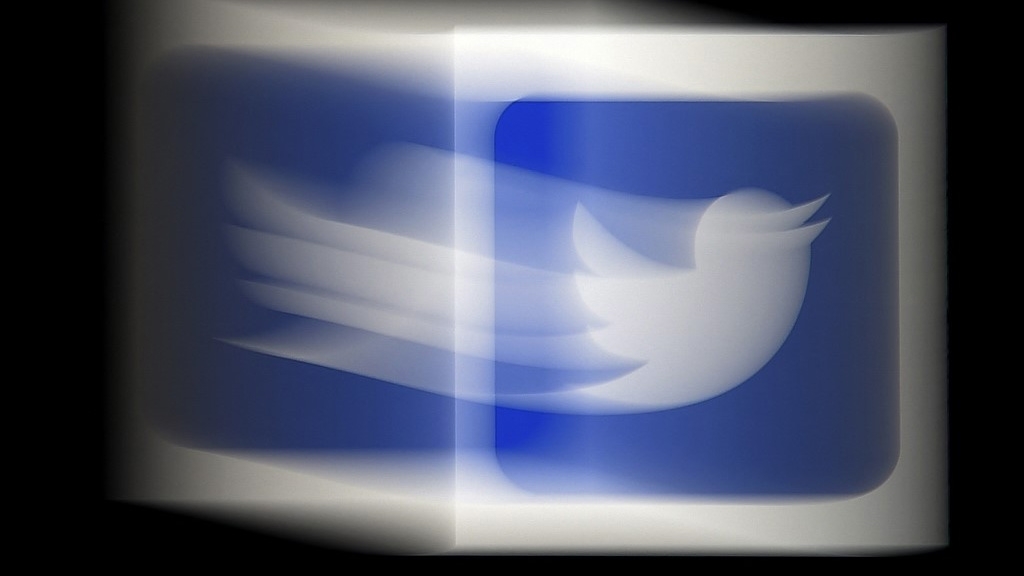
Since Elon Musk took control of Twitter last October, the social media platform has descended into utter chaos, fuelled in part by a snap decision to remove blue checkmarks from verified accounts.
As conflict erupted in Sudan several weeks ago, hundreds of thousands of people viewed a tweet that falsely announced the death of General Mohamed Hamdan Dagalo, issued by a blue-ticked account purporting to represent the Rapid Support Forces paramilitary group.
Others have posed as world leaders lamenting the end of the US-led war in Iraq, as weapons firms halting sales to Saudi Arabia, and as Israel lobbyists embracing apartheid.
None of this has led Musk to backtrack on his decision to remove the verification badge from any account that declines to pay him $8 a month (with the exception of some high-profile celebrities, who have had their blue checkmarks restored against their will).
Even Jamal Khashoggi, the Saudi journalist murdered in 2018, had a checkmark added to his account last month, implying that he had paid for the Twitter Blue service from beyond the grave.
While it might seem a small matter, the blue tick once signified that notable academics, researchers, journalists, businesses and public figures were, in fact, who they said they were. The goal was to combat impersonation and stem the tide of misinformation that has long plagued social media.
But in one fell swoop, Musk erased the meaning of a “verified account” on Twitter, ushering in a new era of confusion.
Controlling public discourse
Put aside for a moment the fact that Musk is a loathsome narcissist whose acquisition of Twitter - despite his last-ditch attempts to abandon a financially disastrous deal - was largely driven by a desire to control public discourse. His egotism and erratic behaviour have rightly inspired much ridicule, but more alarmingly, his stewardship of the company has cultivated an increasingly dangerous online landscape for vulnerable communities.
The repercussions of Musk’s pay-for-play blue-tick system go far beyond facilitating celebrity impersonations. In the absence of a legitimate user verification scheme, potential sources may be more reluctant to connect with “unverified” researchers and journalists - and understandably so, amid the current atmosphere of uncertainty.
Musk has even acknowledged that Twitter will actively suppress accounts that do not pay a monthly fee for the now-meaningless blue tick, thus de-amplifying these voices and further eroding the digital town square. Callouts for possible victims will be stifled; important stories will be missed.
Amid the self-inflicted implosion of a platform that was once a rallying hub for the Arab Spring, alternatives are emerging
Musk’s rash decisions have also cast aspersions on the credibility of mainstream news outlets that receive public funding, such as NPR in the United States and Canada’s CBC. He recently slapped a number of media organisations with “state-funded” or “government-funded” labels - a descriptor previously reserved for state propaganda outlets in countries such as Russia and China.
As backlash ensued, in one of his trademark changes of heart, Musk swiftly opted to drop such labels from all media outlets. But both NPR and the CBC remain wary; neither has resumed operations on the increasingly unstable platform since the labelling fiasco.
There are signs that Musk is panicking. This week, he attempted to bully NPR into returning to Twitter by threatening to reassign its handle to “another company” - a stunningly short-sighted proposal that could green-light impersonation, further undermine Twitter’s credibility and encourage other users to run for the exits.
“If this is a sign of things to come on Twitter, we might soon see even more of a rapid retreat by media organisations and other brands that don’t think it’s worth the risk,” Emily Bell, a professor at Columbia Journalism School, told NPR. “It’s really an extraordinary threat to make.”
After NPR published a story on the reassignment threat, Musk sent reporter Bobby Allyn a two-word email, subsequently added to the article as an addendum: “You suck.” In a similar vein, when any reporter now attempts to seek comment from Twitter - a common occurrence as the fallout accelerates from Musk’s destabilising takeover - they receive an auto-generated reply featuring a poop emoji.
Silencing digital voices
As the CBC placed its Twitter account on hiatus last month, Vass Bednar, a public policy expert at McMaster University, told the Canadian Press news service that every “strange, random change” Musk makes to the platform seems to be a test of “user stickiness”.
“Are people actually going to exit the platform?” she asked. “Do they have an alternative, or are they willing to extinguish or silence their digital voices?”
This remains a key question. Posting on Twitter today feels like screaming into a void, as Musk works to sideline accounts that refuse to pay a subscription fee - while allowing some of the most hateful content to flourish. Just this week, the site’s “community notes” feature was being used to justify the killing of an unarmed, houseless Black man experiencing a mental health crisis on a New York subway train.
Yet, it is not all doom and gloom. Amid the self-inflicted implosion of a platform that was once a rallying hub for the Arab Spring, alternatives are emerging.
Bluesky, a new social networking site backed by Twitter cofounder Jack Dorsey, has generated buzz in recent days and attracted a number of high-profile users, including US Congresswoman Alexandria Ocasio-Cortez and CNN anchor Jake Tapper. It remains in beta mode, accessible by invitation only, with a wider rollout to follow.
While it is difficult to start from zero on a new social platform, the reality is that for many Twitter users, Musk’s rank mismanagement renders moot all the years spent building a reputation or a follower base.
Oddly enough, users searching for Bluesky on Twitter this week encountered what might have been a glitch, or yet another feature purpose-built to feed Musk’s megalomania: among the top three search results was Elon Musk himself.
The views expressed in this article belong to the author and do not necessarily reflect the editorial policy of Middle East Eye.
Middle East Eye propose une couverture et une analyse indépendantes et incomparables du Moyen-Orient, de l’Afrique du Nord et d’autres régions du monde. Pour en savoir plus sur la reprise de ce contenu et les frais qui s’appliquent, veuillez remplir ce formulaire [en anglais]. Pour en savoir plus sur MEE, cliquez ici [en anglais].



